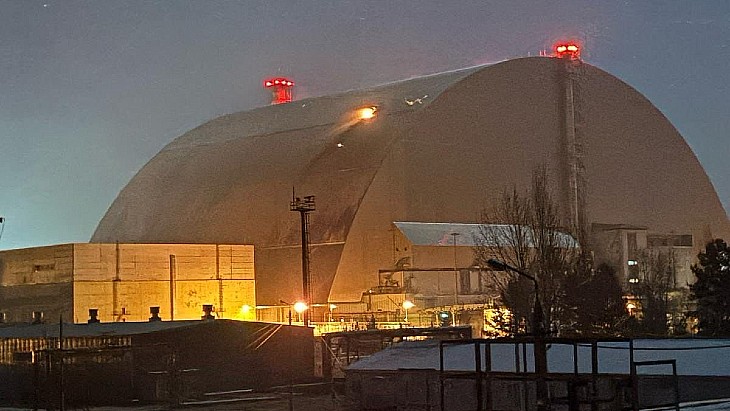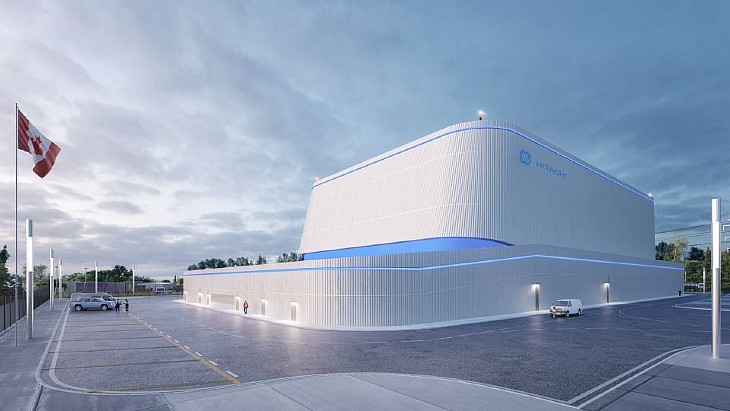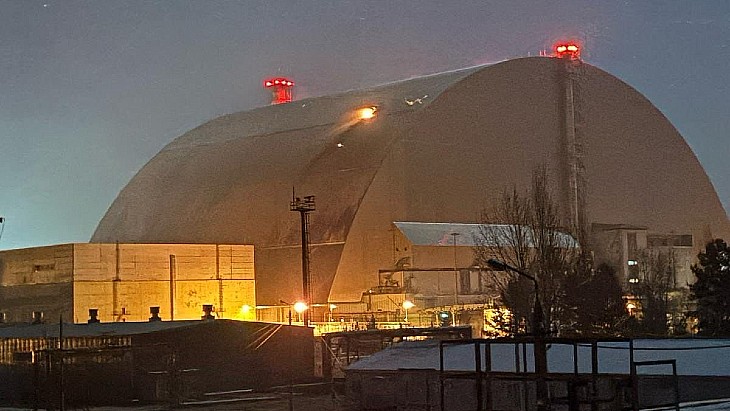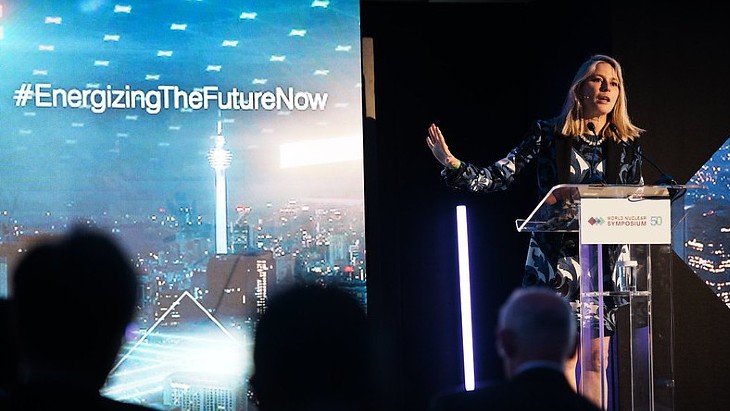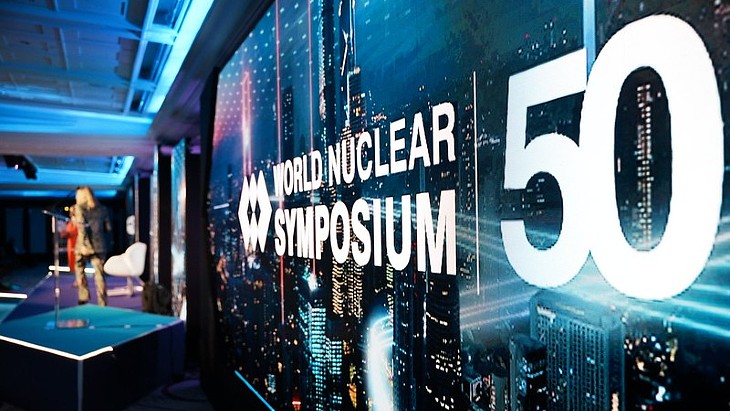JAPC applied to the NRA in May 2014 to restart the 1060 MWe boiling water reactor in Japan's Ibaraki prefecture. The unit automatically shut down and lost external power during the 11 March 2011 earthquake that led to the accident at the Fukushima Daiichi plant. One of Tokai 2's three emergency generators was damaged by a 5.4 meter tsunami, but the plant was still able to safely enter cold shutdown.
Under Japan's reactor restart process, plant operators are required to apply to the NRA for: permission to make changes to the reactor installation; approval of its construction plan to strengthen the plant; and final safety inspections to ensure the unit meets new safety requirements. Operators are required to add certain safety-enhancing equipment within five years of receiving the NRA's approval of a reactor engineering work programme.
At a meeting yesterday, the NRA officially announced the plant meets stricter safety standards introduced after the Fukushima Daiichi accident.
Having started commercial operation in 1978, Tokai 2 is one of the oldest of Japan's reactors to have applied for restart.
Under the revised regulations, reactors have a nominal lifespan of 40 years. However, extensions can be granted once only and limited to a maximum of 20 years, contingent on exacting safety requirements. So far, three pressurised water reactors have been approved for extended operation under the revised regulations. These are Takahama units 1 and 2 and Mihama 3, all owned and operated by Kansai Electric Power Company.
To extend the operating life of Tokai 2, JAPC must receive NRA approval by this November - the mandatory deadline - on two outstanding issues: detailed plans to implement safety countermeasures and extension of operations. The company applied to the NRA in November 2017 to extend the operation of the reactor by 20 years.
Construction work on such countermeasures - including a 1.7km-long sea wall to protect the plant from a potential tsunami as high as 17.1 meters - is scheduled to be completed in March 2021. The company expects investment of about JPY180 billion (USD1.6 billion) is needed to put additional safety measures in place at the plant.
After completing all construction work related to the extended operation of the unit, JAPC will also need the approval of local municipalities prior to the resumption of operation of Tokai 2.
JAPC said in a statement: "We will continue to seek approval for the [detailed] construction plan of the Tokai 2 power station and of an extension to the operating period. We will do our utmost to examine the situation and will steadily advance safety countermeasure construction."
Tokai 2 is the 15th power reactor approved to restart by the NRA and is the first plant damaged by the March 2011 tsunami to receive such approval. The unit is also the third boiling water reactor - the same type of reactor damaged at Fukushima Daiichi - to be approved for restart, following Tokyo Electric Power Company's Kashiwazaki-Kariwa units 6 and 7.

-2018.jpg)




